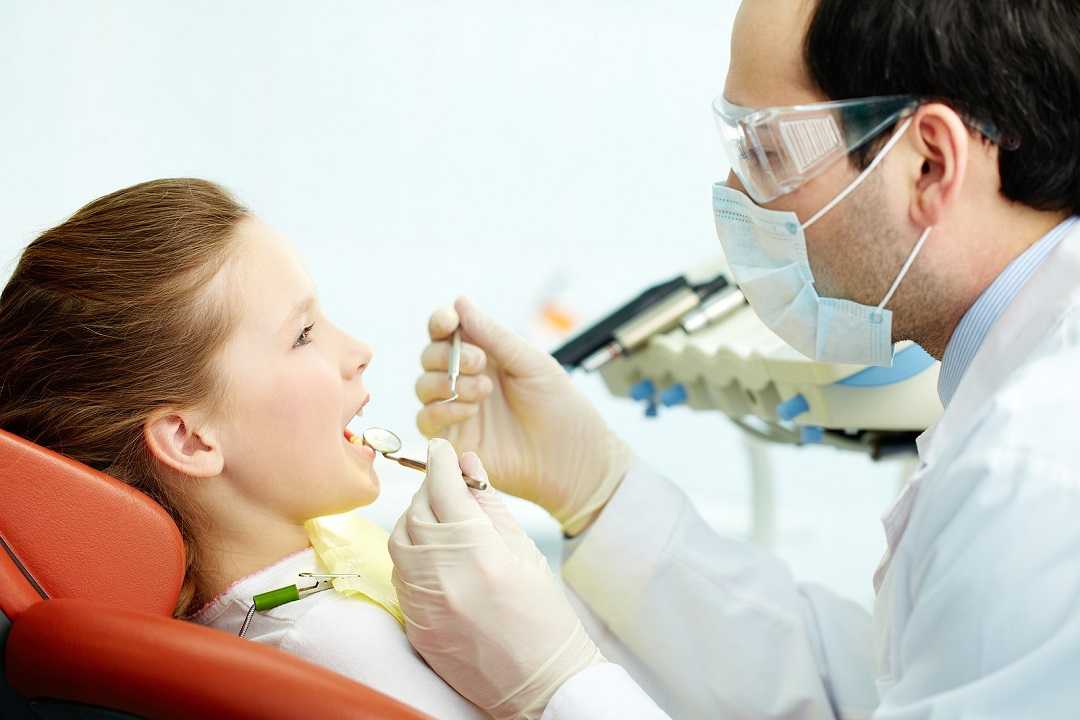
What if I told you that you could decrease your chances of developing Alzheimer’s, Cardiovascular diseases, and various autoimmune diseases by investing in your oral health… or better, oral well-being? Would you be interested?
Moving from oral health to oral well-being
Everyone knows what oral health is. Of course, your dentist uses it to encourage you to brush and floss twice a day. But while “oral health” is good, we at Your Autoimmunity Connection prefer the term oral well-being. To us, it is important to acknowledge that a healthy mouth does not only influence the mouth, but also affects the well-being of your entire body.
How does oral disease connect to systemic disease?
Here’s a not-so-fun fact: at least 50% of American adults suffer from some form of gum disease. Here’s an even more not-so-fun fact: people with gum disease are twice as likely to die from heart attacks and three times more likely to die from strokes. Sound pretty bad? Well, it gets worse. Many studies have shown links between oral diseases and Alzheimer’s. What’s more, poor oral health may trigger autoimmune diseases such as Lupus, Rheumatoid Arthritis and others.

With all these not-so-fun facts in mind, we should understand that maintaining a healthy mouth is a key to minimizing the risk of chronic disease. It’s time for us to view oral well-being as a way to achieve better overall well-being.
So how can we improve oral well-being?
In order to understand oral well-being, it’s important that we first understand the oral microbiome. For those of you who are new here, the oral microbiome is a fancy term that describes the ecosystem of microorganisms that live in your mouth.
Microorganisms? In my mouth? That’s right: over 700 different species of bacteria make their home in your oral cavity. These are the cooties that swim in your saliva, cling to your teeth, and relax on your tongue. Not just bacteria, but fungi and viruses are also an important part of these oral microbe ecosystems.
We can classify our oral tenants into three categories. Firstly, there are symbionts, health-promoting, friendly microbes. Secondly, are those worrisome pathogens (disease-causing microbes). Thirdly, the often overlooked commensal (neutral) critters. Balance between these types of bacteria results in good oral health, while imbalance can lead to oral diseases.
The future of oral well-being
The idea that balancing bacteria could improve our oral health is game-changing and many start-up companies have taken notice. We invite you to explore our oral well-being tab to see what some of these new companies have to offer.
On the research end, new advances in ‘omics studies (metabolomics, transcriptomics, genomics, etc.) have given scientists the tools to better profile the microbes in the microbiome.
With these new tools, companies can identify hundreds of microorganisms and their relative abundance through a single cheek swab. Currently, we have limited reference data to compare unhealthy oral microbiomes to healthy microbiomes. However, in the future new tools may enable oral microbiome profiling for salivary diagnostics and testing for other diseases.
My hope is for a future where you visit your dentist to get preventative check ups for diseases outside the mouth! – DrBonnie360
While you wait for salivary diagnostics to replace blood tests and for dentists to diagnose systemic diseases, you can begin your journey to better oral well-being by being informed. Below are some resources you may find helpful:
Readers, what’s your interest in an oral well-being score or index so you can see how you rank?
Written by: Bonnie Feldman, DDS, MBA, Anthony Tung, Becca Malizia, MS, Hailey Motooka, BS, Ellen M. Martin
The post Oral Health, Well-Being & Total Body Wellness <br> <span style=’font-size:22px;’>How a Balanced Mouth Can Prevent Disease</span> appeared first on Your Autoimmunity Connection.
This content was originally published here.









